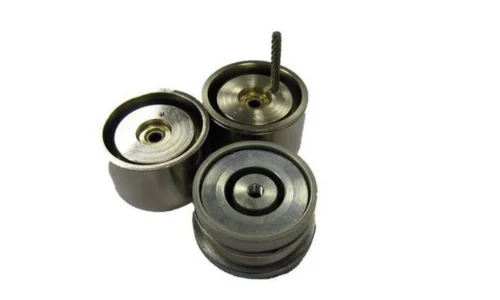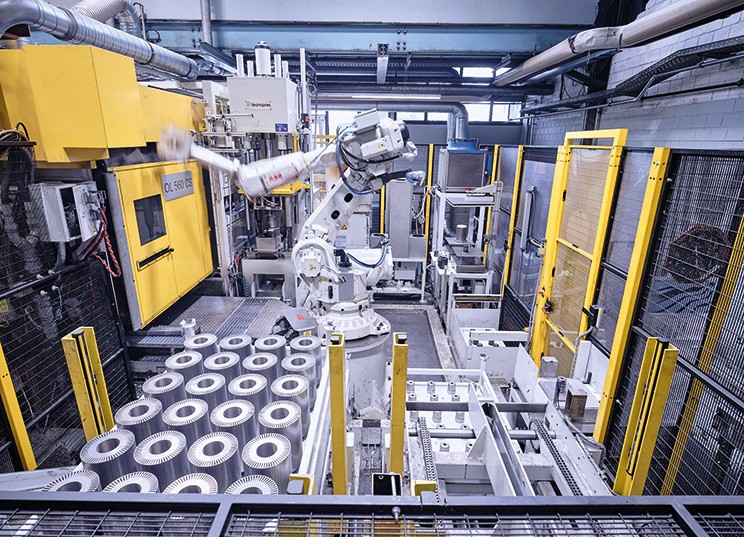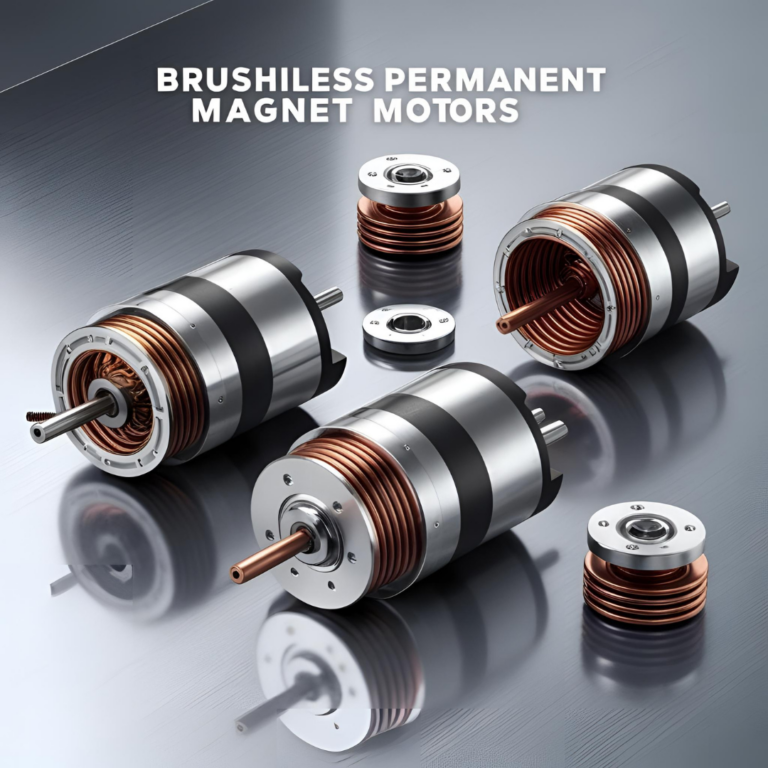In the rapidly growing field of aerospace technology, precision and efficiency are paramount. One crucial component that is often overlooked, yet incredibly important, is the hall sensor magnet. These small, powerful magnets play a vital role in many systems, from navigation to propulsion in modern aircraft. Magworks LLC is at the forefront, providing high-quality machining and custom parts for aerospace systems, where hall sensor magnets are often utilized. This blog will explore the importance of these magnets, how they work, and their key applications in the aerospace industry.
How Do Hall Sensors Work in Aerospace?
Aerospace systems rely on a variety of precise measurements to maintain their function. Hall sensor magnets help in these systems by providing accurate readings and feedback that help control everything from the rotation of engine parts to the orientation of satellite positioning systems.
- Measuring Rotational Speed and Position: Hall sensors are used to measure the rotation of various parts within an aircraft or spacecraft. For example, these sensors can track the rotation of fan blades or engine parts, which helps ensure the system operates within safe and optimal limits. When these parts move, the hall sensor magnet detects the shift in the magnetic field and sends this data to the control system. This feedback helps engineers monitor and adjust machinery performance during flights.
- Control Systems for Stability: In modern aircraft, stability is crucial to prevent any kind of malfunction during flight. Hall sensor magnets contribute by helping control key components such as actuators that adjust flaps or rudders. These sensors can instantly detect any misalignment and adjust systems in real-time to maintain proper stability and prevent unsafe conditions.
- Power Generation and Monitoring: Aerospace systems require a continuous and reliable power supply. Hall sensors help monitor the generation of electricity in aircraft by measuring the rotation of turbines and generators. A hall sensor magnet’s real-time data enables engineers to ensure that power generation stays consistent during flight, reducing the chances of electrical failures.
Practical Examples of Hall Sensor Magnets in Aerospace
To illustrate the importance of hall sensor magnets, let’s take a look at some practical uses.
- Aircraft Engine Management: Hall sensors are used in aircraft engines to monitor the performance of key components. For instance, they measure the rotation of the turbine and the engine’s shaft speed. Since aircraft engines are complex, real-time data from these sensors allows for efficient maintenance scheduling and failure prevention. They can detect minor faults in the early stages, reducing the chances of engine failure during flight.
- Gyroscopes for Navigation: Aerospace navigation systems rely heavily on gyroscopes, which track the orientation of an aircraft. Hall sensor magnets are integral to many of these gyroscopes, enabling them to detect precise changes in the vehicle’s position. By providing quick and accurate feedback, the hall sensor helps guide navigation systems to maintain a proper course.
- Flight Control Systems: Flight control systems in modern aircraft are more automated than ever. These systems help the pilot control altitude, speed, and direction without excessive manual intervention. Hall sensors contribute to the automation process by continuously sending data to help adjust systems such as throttles, elevators, and rudder controls. By using hall sensor magnets, aerospace manufacturers can create systems that automatically adjust as the flight conditions change.
- Satellite Positioning: Satellites rely on hall sensors for orientation and positioning. The sensors help satellites adjust their position as they orbit the Earth to ensure accurate communication and data collection. The hall sensor magnets provide essential feedback on their current position in space, helping the satellite stay on track.
Benefits of Using Hall Sensor Magnets in Aerospace
Hall sensor magnets offer several advantages in aerospace applications. Some key benefits include:
- Accuracy: Hall sensors provide precise readings, which are essential for safety and performance in aerospace. Whether it’s for tracking engine rotation speed or satellite positioning, accuracy is key.
- Durability: Aerospace systems must endure extreme conditions, including temperature fluctuations, vibration, and electromagnetic interference. Hall sensor magnets are designed to handle these tough environments, providing reliable performance even under harsh conditions.
- Compact Design: Hall sensors are relatively small compared to other measurement systems, making them easy to integrate into various aerospace components. Their small size and high performance make them ideal for the weight-conscious aerospace industry.
- Cost-Effective: Compared to other types of sensors, hall sensors are relatively low-cost and easy to produce. This makes them an excellent choice for large-scale aerospace applications where cost efficiency is important.
The Future of Hall Sensor Magnets in Aerospace
As technology continues to evolve, the use of hall sensor magnets in aerospace is expected to expand. Engineers are developing more advanced sensors with higher precision and lower power consumption. These new sensors could be key in the development of next-generation aircraft and spacecraft, where every small improvement in efficiency and reliability matters.
Moreover, as the aerospace industry embraces more automation and electrification, the role of hall sensors in managing power, engine systems, and control mechanisms will only grow. Aerospace companies namely Magworks LLC are continuously working to create machining solutions for aerospace parts, including custom hall sensor magnets that ensure high performance and reliability in aerospace applications.
Conclusion: Integrating Hall Sensor Magnets with Machining Aerospace Parts!
As we’ve seen, hall sensor magnets are vital to the aerospace industry, helping improve the accuracy, reliability, and safety of systems across various applications. These magnets are essential for everything from monitoring aircraft engine performance to controlling spacecraft orientation.
In the future, as aerospace systems become more complex, the demand for high-quality hall sensor magnets will only increase. If you are looking for advanced, precision-driven machining for aerospace parts, Magworks LLC is at the cutting edge of designing and manufacturing high-performance sensors and magnets for aerospace systems. Our expertise in machining aerospace parts ensures the inclusion of the best possible components for reliability, accuracy, and functionality.








